Subject Advice Guide
Philosophy, Politics & Economics (PPE)
Overview
As the degree name suggests, PPE involves studying three different subjects. The teaching is done completely separately for each of the subjects – we have a class every couple of months to bring the three together, but it’s not really part of the degree. If you want, you can drop one of the three subjects at the end of first year.
Although you’ll have around 5-10 hours of lectures a week (much less than most subjects), the main form of teaching in the PPE degree is tutorials. Tutorials are regular meetings of 2/3 students with a professor to discuss a particular topic. Usually, all three students will write an essay on the week’s topic and you will discuss your ideas with the professor in the tutorial. You’ll typically get one or two essays a week (occasionally, you’ll have a third one too).
Because the degree is so broad, the sort of thing that you do is also quite varied: from really abstract stuff to real-world examples, from essays to maths work.
You’ll get a couple of informal tests (called ‘Collections’) at the beginning of every term testing the content of the previous term. Note that you won’t get one in your first term of first year because you haven’t learnt anything yet.
Choosing Your Course
I think that if you choose PPE as your degree, you’ll be the sort of person that likes to learn generally. You’ll enjoy a variety of different things. Some people enjoy the real-world stuff more, others enjoy the theoretical side more; you don’t have to love every aspect of it, as long as you enjoy most parts and can tolerate the rest, apply for PPE!
There are no actual A-level requirements, but I’d definitely recommend taking A-Level Maths; it is very useful in a large part of economics, and some parts of politics (if you don’t take maths, focus on learning how to do differentiation and integration and being comfortable with graphs).
Other than that, a broad range of subjects is good, including an essay subject.
Career Prospects
PPE is a very well-respected degree with employers. People go into all sorts of things afterwards, including:
Politics
Journalism
Advertising
Entrepreneurialism
Banking
Academia
Charity
Tech sector
And so much more!
Course Structure
Year 1:
Economics: two modules (Microeconomics and Macroeconomics)
Politics: two modules (Theory of Politics and Practice of Politics) and one extended essay (Political analysis – empirical study)
Philosophy: three modules (Formal logic, Moral Philosophy and General Philosophy)
Uni-wide exam at the end of the first year. This doesn’t contribute toward final degree mark – you only need to pass to carry on with the degree (almost everyone passes).
Years 2 and 3:You’re allowed to drop one of the subjects after your first-year exams. Many people drop one of them, but some people don’t.
Once you’ve picked your subjects, you’ll pick the modules that you want to do within that subject. You take 8 modules over the course of the two years – there are two core/compulsory modules for each of the subjects that you pick, with the rest being optional modules. The range of optional modules is very broad.
For example, if you pick Philosophy and Politics:
Two core philosophy modules, two core politics modules and any combination of four optional modules from philosophy and/or politics.
All final exams at the end of third year.
Recommended Reading
Economics
I’d probably recommend these two YouTube channels:
Crashcourse (Economics playlist): https://www.youtube.com/playlist?list=PL8dPuuaLjXtPNZwz5_o_5uirJ8gQXnhEO)
Marginal Revolution University:
Other than that, it might be a good idea to keep an eye on what’s happening in the economy generally.
Other resources (recommended as introductory by our tutors):
Core Econ Textbook: free online introduction to economics found at https://core-econ.org/theeconomy/?lang=en
T Harford, “The Undercover Economist”
A Banarjee and E Duflo, “Poor Economics”
Politics
I’d recommend
‘An Introduction to Political Philosophy’ – a book by Jonathan Wolff (covers a lot of political theory)
A couple of weeks before starting first-year, our tutors asked us to read these (maybe do some googling to understand what sort of thing is discussed in these books – it’s not worth buying them):
“As an introduction, we recommend:
Lijphart, Patterns of democracy: Government forms and performance in 36 countries, 2012.Also, look through:
W.R. Clark, M. Golder, and S. Golder, Principles of comparative government, 2009.
You will also have lectures and workshops in quantitative methods for political analysis, organised in the University Department of Politics and International Relations. As an introduction, you should try to look through
P.M. Kellstedt & G.D. Whitten, The fundamentals of political science research, 2008.”
Philosophy
I’d recommend:
“Think” by Simon Blackburn and
“Ethics: inventing right and wrong” by John Mackie
For the formal logic module, definitely check this out – a lot of people are usually really surprised by what logic is:
http://users.ox.ac.uk/~logicman/ - it’s our official lecture slides
To be honest, the thing that most helped me for Philosophy was thinking about the big issues in the world through an Islamic lens – in my interviews, I basically argued that intentions were what mattered when thinking about ‘right and wrong’, which was a belief I formed off the basis of reading the Qur’an and Hadith.
